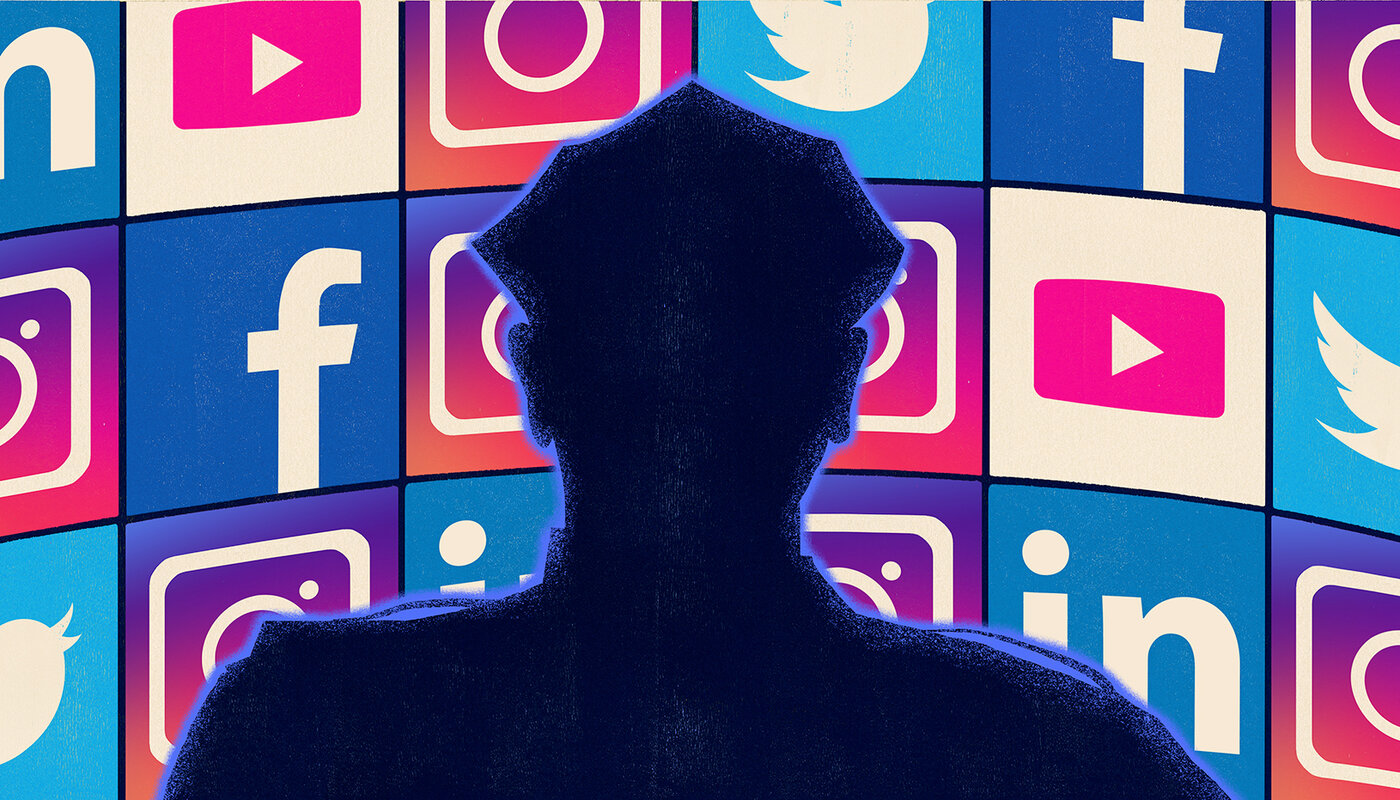Social Media has become a part of our everyday lives. We post where we eat, photos of our family, where we go on vacation, and so much more. However, many of us don’t realize that our social media posts could harm us if we were ever subject to a criminal investigation.
Law Enforcement and District Attorney’s offices are utilizing social media more than ever. Having a social media account is now a must have for most Law Enforcement Agencies and District Attorney’s office. Not only to build a positive relationship with their community or seeking out crime tips, but to also quietly investigate potential crime suspects.
How They Use It:
Many Law Enforcement agencies use third party companies to access data, such as Statigram, which is now Iconosquare, or Instamap. These third party companies can help law enforcement analyze photo trends or collect photographs on individual targets in certain areas. (Read More).
Creating Fake Accounts.
But most agencies rely on the tried and true method of creating fake accounts. While creating a fake account goes against Twitter, Facebook or other Social Media Platforms policies, it is not illegal. Many Law Enforcement agencies view creating fake accounts as being no different than running an undercover buy or bust. According to an article by George Joseph on Bloomberg, Joseph Giacolone, a retired NYPD Detective Sergeant and professor at John Jay College’s Law, Police Science and Criminal Justice Administration Department, was quoted as saying “Requesting a friendship, as a policeman you have to be careful of that entrapment issue. But if you just put a half-naked picture of woman in there, you’re gonna get in. I mean how hard is it really? They’re gonna invite you right in.” So, even if you think you are safe because your profile is set to “private” – do you really know everyone on your friends lists?
Furthermore, if you were subject to a criminal investigation, Law Enforcement and investigators could utilize your social media to track your locations by your posts that could place you near or around the scene of a crime. They also could conceivably use your posts against you to create a potentially negative personality or image of you to present to potential jurors.
Since you are posting on a free public platform, Law Enforcement does not need a warrant to investigate your public social media posts. Also, Law Enforcement could utilize an informants social media account to infiltrate yours and get information they may need.
Suspected New York Gang Member brought down by Facebook Posts.
Recently, suspected New York gang member posted public photos on Facebook that showed him flashing gang signs but made private more incriminating posts, including references to past violent crimes and threats against others. However, one of his Facebook friends agreed to give police access to his “private” information, and a federal judge ruled the suspected gang member lost all claims to privacy when he shared those details with friends.
The suspected gang members “legitimate expectation of privacy ended when he disseminated posts to his ‘friends’ because those ‘friends’ were free to use the information however they wanted – including sharing it with the government,” the judge wrote. (CNN)
While, some may find this questionable under the 4th amendment, at this time, the courts have consistently sided with Law Enforcement. So, until a court says “no”, Law Enforcement and investigators are going to utilize every opportunity they have to find incriminating evidence on your social media accounts.
How many Law Enforcement Agencies are using Social Media to solve Crimes?
According to a survey by LexisNexis of 1,221 federal, state and local law enforcement who use social media, four out of five officials used social media to gather intelligence during investigations. Half said they checked social media at least once a week, and the majority said social media helps them solve crimes faster.
A Post Lasts Forever
And finally, remember, if it is posted, it is out there FOREVER. We aren’t just talking about potential screen shots from other people. Every post you make leaves a digital imprint that can easily be found by investigators. Even those apps that claim to delete your messages after 24 hours, still leave a digital imprint that can be traced.
Ready to discuss your case? Contact our experienced team of criminal defense lawyers for your initial case consultation*
Key Take-Aways
Law Enforcement Agencies and District Attorney’s offices are using social media like never before. They use it for community relation building, crime tips, and to investigate potential suspects.
Law Enforcement and Investigators will utilize every opportunity to search your social media accounts for potential evidence. This could range from searching any public posts, creating and friending you with a fake account or by using an informants accounts. Also, if Law Enforcement or investigators are able to successfully get a warrant to search your electronic devices, they have the ability to find any post, photo or message, even if you think you deleted it, or even if you used one of those apps, such as SnapChat, who claim the posts “disappear” after 24 hours.
- Set your existing social media accounts to private. Not only could this help you in a potential criminal investigation, but could also be a great deterrent to potential hackers.
- Don’t accept friend requests from people you don’t really know. Again, this could also be a great deterrent to potential hackers.
- And finally, be careful what you post. What you may think is a funny meme or a photo of you and your friends joking around could have the potential to come back and portray you to a jury as someone you are not.


